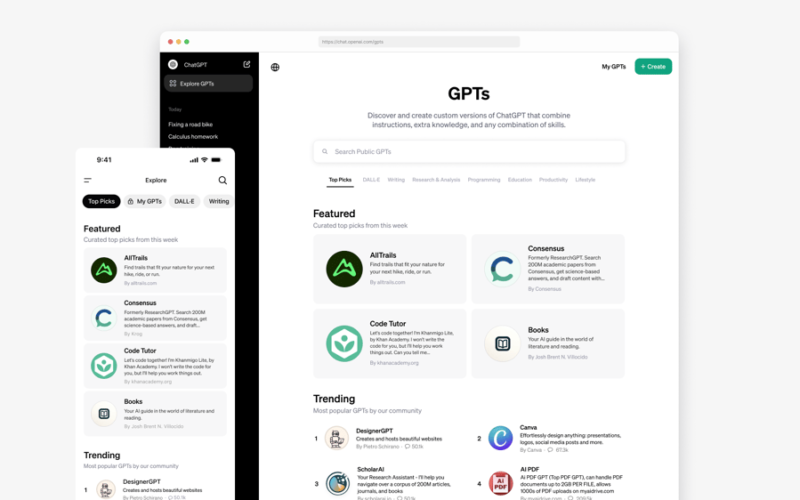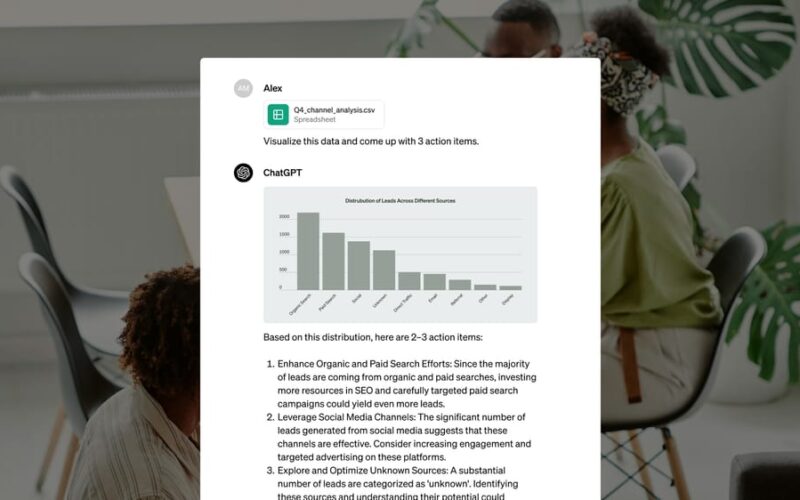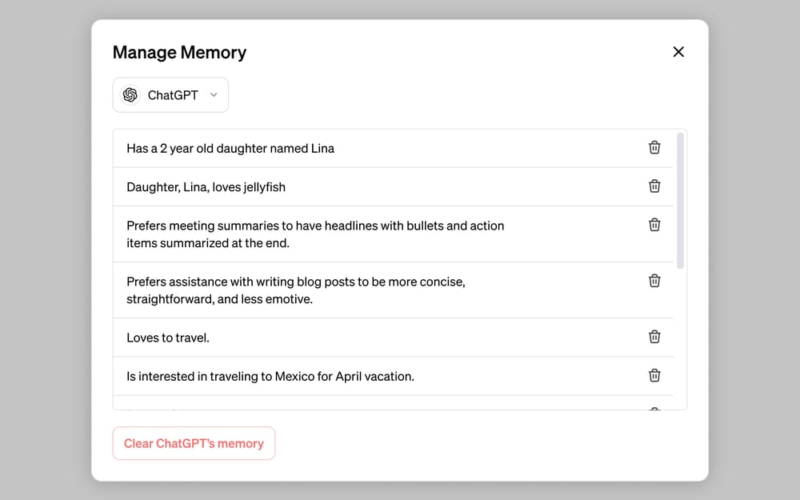Generalization from weak to strong
There are still important differences between our current empirical setting and the ultimate problem of fitting superhuman models. For example, it may be easier for future models to mimic weak human errors than for current strong models to mimic current weak model errors, which could make future generalization more difficult. Nevertheless, we believe that our…
Read More









